Dry skin stands little chance against the rich, emollient qualities that both shea butter and cocoa butter provide.
While each butter can soften and repair parched or damaged skin, they also possess distinct characteristics and advantages.
Below we’ll compare shea and cocoa butter, outline how to use them, and help determine which might suit your skin best.

What’s the difference between cocoa butter and shea butter?
Many beauty formulations include shea butter, cocoa butter, or a combination of both. Although they’re both effective moisturizers, it’s useful to understand the unique traits of each and how to tell them apart.
According to Cynthia Bailey, MD, a board-certified dermatologist, both butters hydrate effectively, but their plant oil makeups differ.
Cocoa butter origins and properties
Cocoa butter is derived from the Theobroma cacao L tree, native to tropical areas of Central and South America.
Bailey notes that cocoa butter is what remains of the cocoa bean after the portion turned into cocoa powder has been removed.
Cocoa butter is mainly composed of saturated fatty acids, such as:
- oleic acid
- palmitic acid
- stearic acid
In contrast to shea butter, cocoa butter carries a recognizable chocolate-like aroma. It’s also firm in consistency and typically doesn’t melt at room temperature.
Shea butter origins and properties
Shea butter comes from the African shea tree, Vitellaria paradoxa. The fatty kernels of the tree’s fruit are processed to produce shea butter.
Shea butter tends to be soft and spreadable. Bailey says it’s rich in several saturated fatty acids, mainly oleic and stearic, and it also includes:
- linoleic acid
- arachidic acid
- palmitic acid
Shea butter is notable for its levels of vitamins E and A, contributing to its antioxidant effects.
Regarding scent, shea butter is mildly fragrant, often described as nutty. Essential oils can be added if you prefer a stronger aroma.
Is one better than the other for your skin?
Picking one butter over the other hinges on your specific skincare goals. Both shea and cocoa butter supply fatty acids that help your skin lock in moisture and provide quick relief for dry, irritated skin.
However, each offers particular benefits that may influence your choice.
The benefits of cocoa butter
The lipid profile in cocoa butter delivers intensive hydration. These fats can also help restore lipids in the skin’s stratum corneum, which include compounds similar to palmitic, stearic, and oleic acids.
“The skin’s stratum corneum is our barrier. It’s structured like bricks (protein) and mortar (lipid),” Bailey explains. “The lipids are critical for barrier function.”
Moreover, cocoa butter contains cocoa mass polyphenol (CMP), which may help shield skin from early damage and aging and support overall skin health.
The benefits of shea butter
“Shea butter contains linoleic acid, which is beneficial when applied topically, especially since skin cells cannot synthesize this acid on their own,” Bailey notes.
Shea butter is also rich in anti-inflammatory and antioxidant components, which Bailey says underlie many of its therapeutic effects.
Beyond the moisturizing action of its fatty acids, shea butter’s vitamins may assist in skin repair. Bailey mentions that shea butter may help to:
- lessen redness from sunburn
- support collagen production
- slow collagen breakdown
That said, Bailey points out that the composition of shea butter can vary a lot depending on the tree’s origin, and confirming that requires chemical testing.
Overall, Bailey regards shea butter as an excellent moisturizer for skin, scalp, and hair.
“It absorbs quickly, outperforms mineral oil in reducing trans-epidermal water loss, aids in dry skin recovery, and helps soothe atopic dermatitis,” she explains.
Both cocoa and shea butter mix well into skincare formulas, though Bailey tends to prefer shea butter.
What are they used in?
Shea and cocoa butter are common ingredients in a range of products, such as:
- skincare formulations
- body creams
- massage balms
- lip care
- soap
- body washes
- hair treatments
Below are five shea- or cocoa-based products you may want to consider.
Tree Hut Shea Body Butter With Almond Extract & Honey
Made with organic shea butter, Tree Hut Body Butter is an affordable hydrating option that also includes safflower seed oil, almond oil, and honey to smooth and soften skin.
Buy Tree Hut Shea Body Butter online.
Palmer’s Cocoa Butter Formula with Vitamin E
Palmer’s Cocoa Butter is great for thorough hydration. Formulated with cocoa butter and vitamin E, it sinks in quickly and provides long-lasting moisture.
Buy Palmer’s Cocoa Butter Formula online.
Burt’s Bees Mama Bee Belly Butter
Recommended for expectant mothers, this fragrance-free belly butter gently moisturizes expanding skin with a blend of shea, cocoa, jojoba butters, and vitamin E.
Formulated for use during and after pregnancy, it’s free of phthalates, parabens, petrolatum, and sodium lauryl sulfate (SLS).
Buy Burt’s Bees Mama Bee Belly Butter online.
Weleda Skin Food Body Butter
If you want an all-over moisturizing cream that includes both cocoa and shea butter, this body butter is worth trying.
Certified as a natural cosmetic, this cream avoids synthetic preservatives, colorants, fragrances, and raw materials derived from mineral oils.
The dense texture means you use less product per application.
Buy Weleda Skin Food Body Butter online.
Pure Cocoa & Shea with Coconut Oil
This multifunctional cream combines equal parts shea butter, cocoa butter, and coconut oil. It can help repair dry skin or hair, diminish stretch marks, strengthen nails, and soothe chapped lips.
Buy Pure Cocoa & Shea with Coconut Oil online.
The bottom line
Using products that contain shea butter, cocoa butter, or a mixture of both may help combat dryness, lock in moisture, improve skin condition, and potentially offer some protection against aging.
If you’re unsure which butter is best for your needs, consult a dermatologist or skincare professional who can recommend a product tailored to your skin. For more on topical uses and skin benefits, see our guide to beauty skin care cocoa butter benefits and read about cocoa in foods at cocoa powder nutrition benefits.

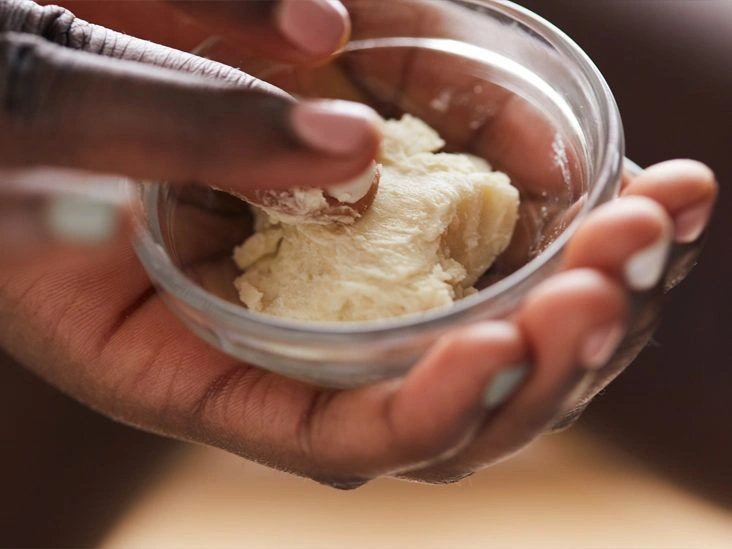



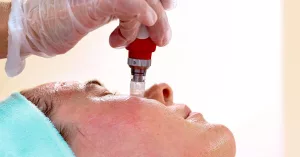
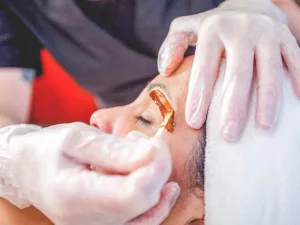
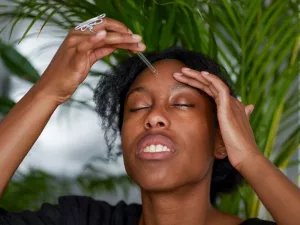
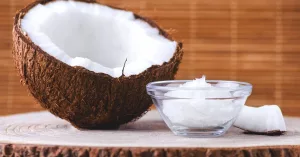
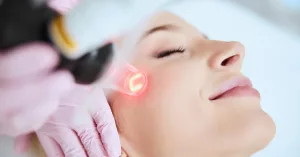



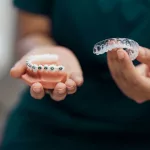

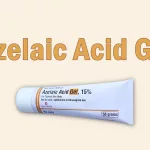









Leave a Reply
You must be logged in to post a comment.